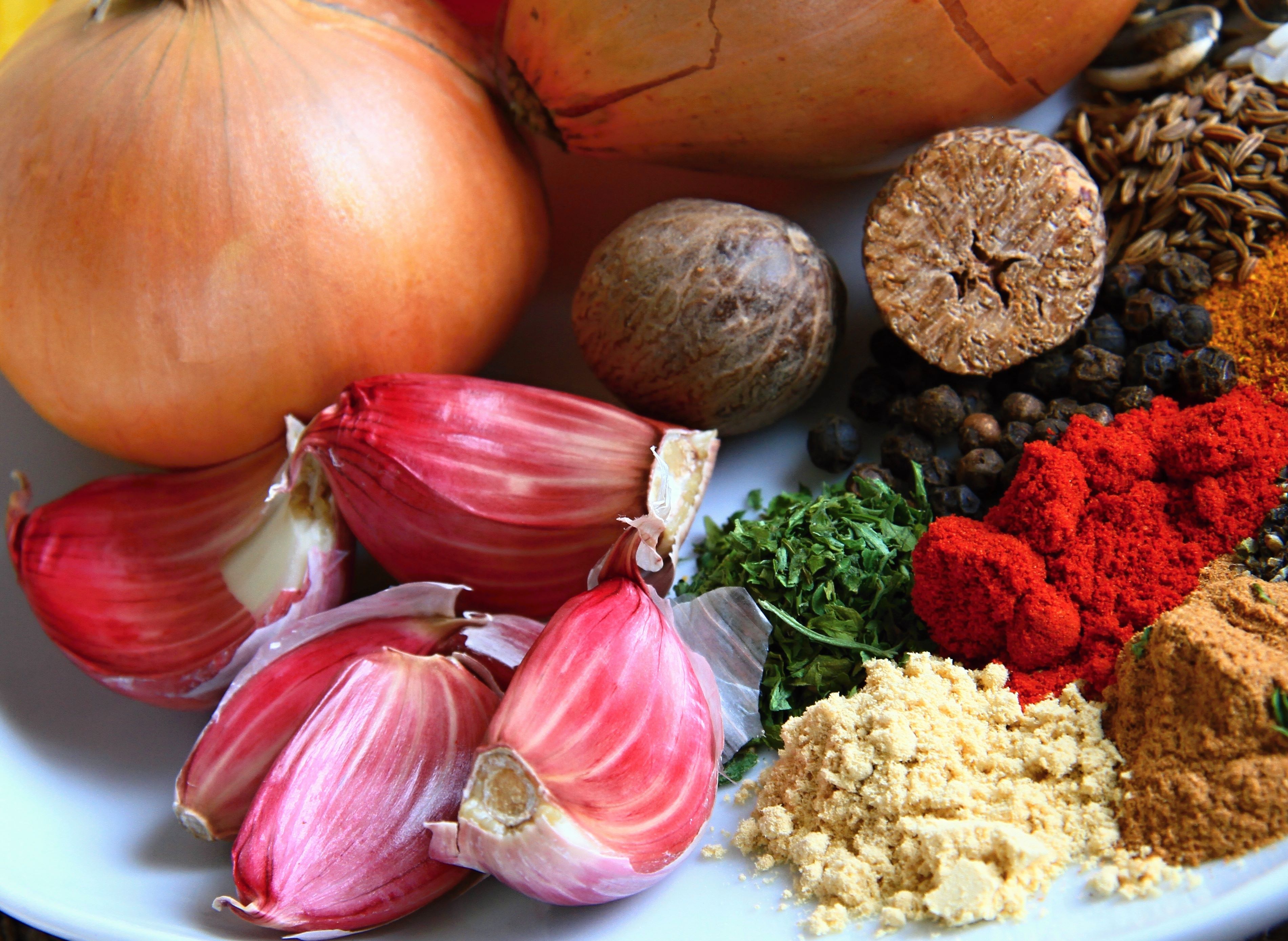
Quercetin can be beneficial for a variety of conditions.
Lowers Inflammation:
Quercetin is a flavonoid that help to lower inflammation. They fight the natural process of ‘oxidation’ that takes place over time as we age. It can help stop damaging particles in the body known as free radicals, which negatively impact how cells work- including damaging the cell membranes, changing the way DNA works, increasing cell mutations and causing healthy cells to die.
Research shows that inflammation is the root of most diseases, including heart disease, cancer, cognitive decline, some mental disorders, and autoimmune disorders. The most well-researched effects of quercetin on fighting inflammation have been found in foods such as fruits and vegetables, that supply flavonoids and other polyphenols. That said, we still have more to learn about the long-term effects of taking antioxidant supplements to lower inflammatory diseases.
Currently, practitioners and patients report using quercetin to effectively fight conditions related to inflammation including hardening of the arteries, high cholesterol, heart disease, circulation problems, insulin-related disorders including cataracts, allergies, asthma and hay fever, stomach ulcers, cognitive impairment, gout, viral infections, and inflammation of the prostate, bladder and ovaries, chronic fatigue syndrome, cancer, chronic infections of the prostate, and skin disorders- including dermatitis and hives.
Fights Allergies:
Quercetin is also a natural antihistamine and an anti-inflammatory, making it effective for naturally lowering the effects of season and food allergies, plus asthma and skin reactions. Histamines are chemicals that are released when the immune system detects an allergy or sensitivity, and they are what account for uncomfortable symptoms we encounter when the body has an allergic reaction.
Quercetin can help stabilize the release of histamines from certain immune cells, which results in decreased symptoms likes coughs, watery eyes, runny noses, hives, swollen lips or tongue, and indigestion. It’s so effective, in fact, that quercetin is used in ancient Chinese herbal formulas created to block food allergies (such as peanuts), known as food allergy herbal formulas. Studies show that quercetin, a natural medicine, and phytochemical is equivalent at fighting allergies as some prescription medications, with little to no side effects!
Supports Hearth Health:
Due to quercetin’s ability to lower inflammation and oxidative stress, it seems to be beneficial for those with heart and blood vessel-related disorders. Eating leafy greens, deep colored fruits and vegetables that contain flavonoids is linked to a lower risk of cardiovascular disease.
Studies show that various types of flavonoids, including quercetin, can help reduce risk of atherosclerosis (caused by plaque build up in the arteries). Blood flow that has been cut-off is a primary risk factor for heart attack or stroke.
Antioxidants appear to protect the body from LDL “bad” cholesterol and can help regulate blood pressure levels. Some studies show that quercetin prevents damage to the LDL cholesterol particles, with people eating the most flavonoid-rich foods experiencing healthier and lower cholesterol levels, along with less incidences of hypertension.
Helps to Minimize Pain:
Quercetin can also help lower pain associated with autoimmune conditions, such as arthritis, as well as infections, including those of the prostate and respiratory tract. This is because quercetin reduces inflammatory pain.
Flavonoids are linked to reduced symptoms of prostatitis and rheumatoid arthritis. Evidence shows that switching from a typical western diet to one higher in anti-oxidant-rich foods experience less pain and reoccurring symptoms, which makes quercetin a natural arthritis treatment.
Improve Endurance:
Finally, quercetin may even help improve endurance. This is because it has potential to induce mitochondrial biogenesis, increasing our V02 max and endurance exercise performance.
So many of us have experienced inflammation, pain, lack of endurance and more. If this hits home with you, start adding deep colored fruits and vegetables to your diet, schedule your annual check up with your primary care doctor to see where your cholesterol levels are, pay attention to your energy levels and what might attribute to them going up or down, check in with your body and notice if you are experiencing pain that doesn’t seem to go away, and finally, add quercetin to your daily supplements if you want to give these challenging areas a boost!

